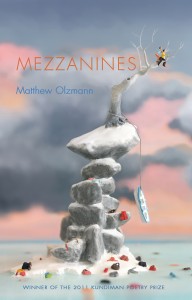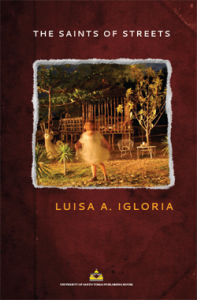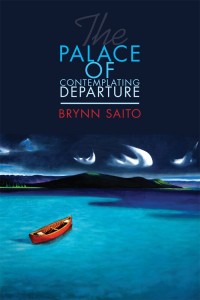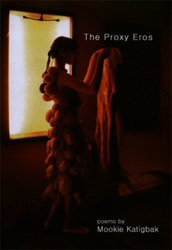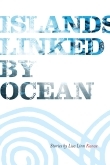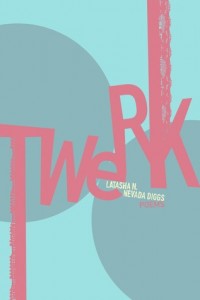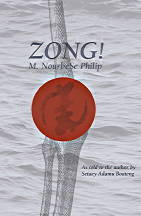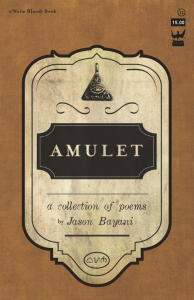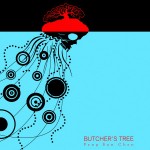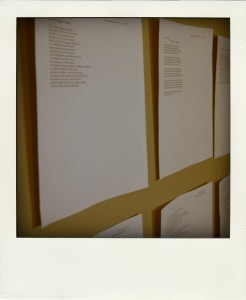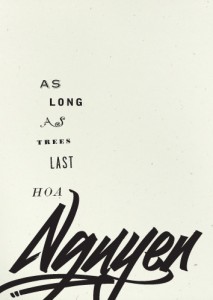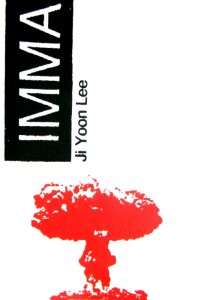It’s that time again! It’s become a tradition, at the end of every calendar year, for the staff to post a list of favorite reads from among the books that we’ve read in the past 365 days. Without further ado, here are our picks for this year.
Recommended by Iris
Mezzanines
by Matthew Olzmann
Alice James, 2013
Iris’s comments: I’ve been a fan of Matthew Olzmann’s work since I first met him and heard him read during an AWP panel in 2009, and Mezzanines did not disappoint. Quirky, humorous, and at times profane, but always grounded by dint of its razor-sharp observations about human nature and an underlying sense of deep empathy, the voice of his poems fills up the space of the imagination with a childlike wonder that is at once riotously absurd and insanely beautiful. Few poets could successfully mix tender intimacy with wry, self-conscious humor (such as the “product placement” in the poem “Mountain Dew Commercial Disguised as a Love Poem,” which apparently prompted PepsiCo to send the poet a letter of thanks in real life!), and yet Olzmann does so effortlessly and always with great aplomb.
The Saints of Streets
by Luisa A. Igloria
U of Santo Tomas, 2013
Iris’s comments: Luisa A. Igloria’s new collection, The Saints of Streets left me breathless. As is par for the course in her work, Igloria writes with beauty, strength, and piercing intimacy, precisely interleaving light and shade like a master of shadow puppets. I am told that the poet has several other collections’ worth of poems brewing (thanks to her poem-a-day project over at Via Negativa), and I cannot wait for the next installment.
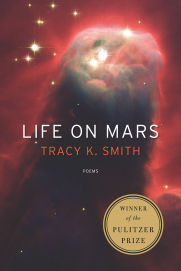 Life on Mars
Life on Mars
by Tracy K. Smith
Graywolf, 2011
Iris’s comments: Last, but not least, on my list is an older title, Tracy K. Smith’s Life on Mars—winner of the 2012 Pulitzer. I’d heard Smith read at the 2011 Page Turner Festival and had been captivated by the empathy inherent in the persona poems that she’d shared. It was no surprise to me, then, that I fell headlong for Life on Mars, a haunting collection that explores science and the domestic/private life of the scientist and the poet. Life on Mars won the Pulitzer for a reason: it is simultaneously tender and steely, masterfully integrating the infinite scale of the particulate cosmos with the particular stuff of the everyday. Smith’s poems about her father, a retired NASA scientist, are especially moving. I began the book while home sick from work one day, read it all in one sitting, and when I finished, I closed its pages and wept.
* * *
Recommended by Wendy
The Palace of Contemplating Departure
by Brynn Saito
Red Hen, 2013
Wendy’s comments: Brynn Saito’s The Palace of Contemplating Departure is a sublime meditation on arrivals and departures, childhood, sisterhood, lost love, and freedom. From cityscape to dreamscape, these poems are deeply felt and fully realized.
* * *
Recommended by Henry
by Mookie Katigbak
Anvil, 2008
Burning Houses
by Mookie Katigbak-Lacuesta
University of Santo Tomas, 2013
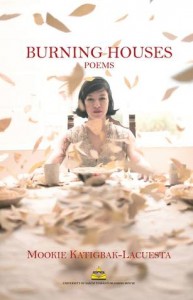
Henry’s comments: I first encountered Mookie Katigbak’s “As Far As Cho-Fu-Sa,” a variation on Pound’s adaptation of the Li Po poem, when I was just starting to take poetry seriously. I remember actually getting upset that she had nothing more published at the time. So imagine my joy when I rediscovered Katigbak just this month, whose name has since expanded, and who now has two books of poems which contend with myth and canons in gorgeously clarifying visions. These lines from that early poem (which you can find in The Proxy Eros) have echoed with me for years: “What I am, ever, is this: composure of stones. . . . / /But nothing moves. Somewhere / You are actual. Happen to me there.”
* * *
Recommended by Jai
by Lisa Linn Kanae
Bamboo Ridge Press, 2009
Jai’s comments: I was blown away by Kanae’s experimental text written in (and about) Hawaiian Creole English and pidgin, “Sista Tongue.” This collection of her short stories is deeply moving, flat-out hilarious, and strengthened by the sharp vulnerability in each character’s voice.
TwERK
by LaTasha N. Nevada Diggs
Belladonna, 2013
Jai’s comments: This book is sonic genius . . . Diggs is sonic genius. A multilingual text written in Cherokee, Japanese, Spanish, Quechua, Yoruba and more, it is a (re)sounding “werk” of kinesthetic/kine-sonic delight.
ZONG!
M. NourbeSe Philip
Wesleyan University Press, 2008
Jai’s comments: In 1781 on the slave ship Zong, over 150 slaves were thrown overboard in order for the ship’s owners to collect insurance money. Philip grasps at these submerged voices, a drowned language. Reading this book is disorienting and chaotic—letters are jettisoned from words, phrases are cast and broken. In this horror, in this violence done unto language/bodies, the dead arise from the sea.
* * *
For additional reading, we also recommend any of the following titles that we featured here on the blog during 2013:
- Sky Ward by Kazim Ali (featured in this interview)
- Amulet by Jason Bayani (reviewed here)
- We Come Elemental by Tamiko Beyer (featured in this interview)
- Butcher’s Tree by Feng Sun Chen (reviewed here)
- Self-Portrait as Rumor and Blood by Rachelle Cruz (featured in this column)
- Whorled by Ed Bok Lee (featured in this interview)
- Imma by Ji Yoon Lee (reviewed here)
- Heath Course Pak by Tan Lin (reviewed here)
- We Take Me Apart by Molly Gaudry (featured in this interview)
- As Long as Trees Last by Hoa Nguyen (reviewed here)
- China Cowboy by Kim Gek Lin Short (reviewed here)
- Dendrochronology by Jane Wong (featured in this column)
- Water Chasing Water by Koon Woon (reviewed here)
- Barrow by Bryan Thao Worra (featured in this interview)
What were your favorite reads in 2013? Tell us in the comments, or share a link with us on Facebook or Twitter! Have a safe and wonderful new year, and we’ll see you in 2014.
